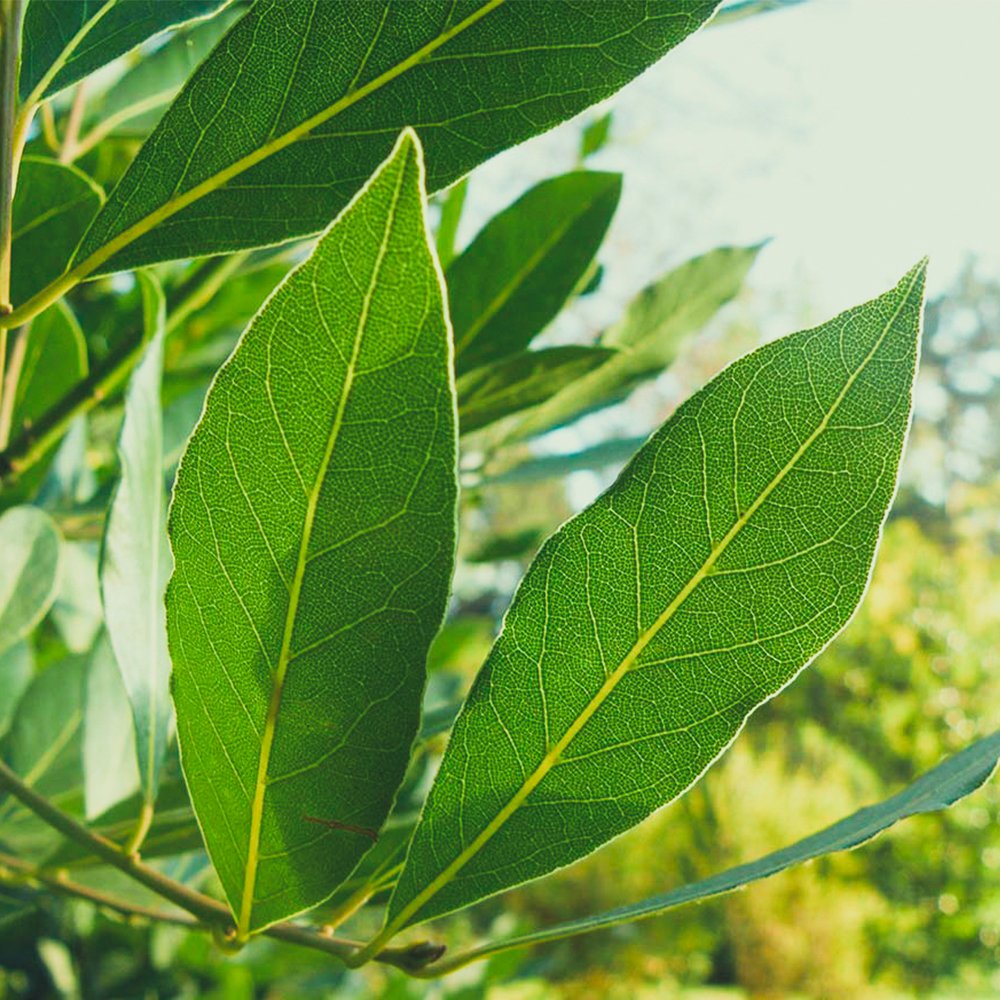Rosemary Marocco Oil
Premium Natural Ingredient for Perfumery
Moroccan Rosemary Oil is a natural essential oil distilled from Rosmarinus officinalis wild-harvested in Morocco. This origin yields an aromatic, clean, and woody-herbaceous profile with moderate camphor content and a persistent, bitter-sweet drydown. Recognized for its clarity, balance, and low terpene harshness, Moroccan Rosemary is especially valued in fougères, colognes, and Oriental compositions, as well as in functional perfumery where lasting freshness is essential.
Premium Natural Ingredient for Perfumery
Moroccan Rosemary Oil is a natural essential oil distilled from Rosmarinus officinalis wild-harvested in Morocco. This origin yields an aromatic, clean, and woody-herbaceous profile with moderate camphor content and a persistent, bitter-sweet drydown. Recognized for its clarity, balance, and low terpene harshness, Moroccan Rosemary is especially valued in fougères, colognes, and Oriental compositions, as well as in functional perfumery where lasting freshness is essential.
Premium Natural Ingredient for Perfumery
Moroccan Rosemary Oil is a natural essential oil distilled from Rosmarinus officinalis wild-harvested in Morocco. This origin yields an aromatic, clean, and woody-herbaceous profile with moderate camphor content and a persistent, bitter-sweet drydown. Recognized for its clarity, balance, and low terpene harshness, Moroccan Rosemary is especially valued in fougères, colognes, and Oriental compositions, as well as in functional perfumery where lasting freshness is essential.
Natural Ingredient Overview
🔎 Botanical Name: Rosmarinus officinalis
📂 CAS N°: 8000-25-7 / 84604-14-8
🌍 Origin: Morocco
📝 Odor Type: Aromatic
📈 Odor Strength: Medium
👃🏼 Odor Profile: Strong, fresh, and woody-aromatic; initial mentholic-herbal note fades into a clean, balsamic heart and a dry, bitter-sweet, herbaceous drydown
⚗️ Uses: Fougères, lavender waters, citrus colognes, Oriental fragrances, functional perfumery (soap, sprays, masking agents)
🧴 Appearance: Pale yellow to colorless mobile liquid
What is Rosemary Oil Morocco?
Moroccan Rosemary Oil is a natural essential oil obtained via steam distillation of aerial parts (excluding twigs) of Rosmarinus officinalis. Distilled regionally in Morocco, it is chemically rich in α-pinene, borneol, and camphor, with relatively moderate cineole (eucalyptol) content, resulting in reduced terpene harshness compared to lower-grade types.
This botanical material is sourced from wild-growing rosemary in semi-arid regions of Morocco, where climatic and harvesting conditions favor a clean, balanced aromatic profile. Moroccan oils are frequently preferred over Spanish grades in fine fragrance applications due to their lower resinous residue and more elegant drydown.
Olfactory Profile & Perfumery Applications
👃🏼 Scent Breakdown:
Top: Fresh, bright, slightly camphoraceous herbaceous
Heart: Clean, dry woody-balsamic
Base: Bitter-sweet green herbaceous persistence with dry resinous nuance
⚗️ Functional Roles:
Enhances clarity and radiance in fougère and lavender structures
Used in modern citrus colognes, aldehydic herbals, and green chypres
Effective masking agent in functional perfumery (room sprays, soaps, detergent bases)
Performs well with coumarin, olibanum, labdanum, cedar derivatives, and pine oils
🧪 Typical Companions:
Lavandin, petitgrain, citronella
Thyme, origanum, elemi
Olibanum, cinnamon bark oil (for Oriental formats)
Method of Extraction
Extraction Type: Steam distillation (direct steam)
Botanical Material: Flowers and leaves only
Production Location: Regional Moroccan distillation facilities
Distillation Practices: Excludes woody twigs, resulting in greater aromatic definition and lower cineolic distortion
Typical Yield: Annual production stable; quality batch-dependent
Regulatory & Safety Overview
IFRA: Permitted; follow IFRA Category-specific limits (especially for rinse-off formats)
EU Allergen Content: May contain linalool, limonene, eucalyptol (cineole); declaration required above 0.01% in leave-on products
ECHA (REACH): Registered; not classified as hazardous under CLP
Toxicology:
Non-sensitizing at standard use concentrations
Not classified as PBT/vPvB
Readily biodegradable
Stable in detergent pH (7–10), especially in non-twig distillates
✅ Considered safe for use in fine fragrance and functional fragrance applications.
Sources
Perfume and Flavor Materials of Natural Origin – S. Arctander (1961)
Fulvio Ciccolo – Regional Distillation Notes, 2021
ECHA Substance Information (CAS 8000-25-7)
Internal analysis of Moroccan rosemary flower-leaf oil (Scentspiracy 2023)






